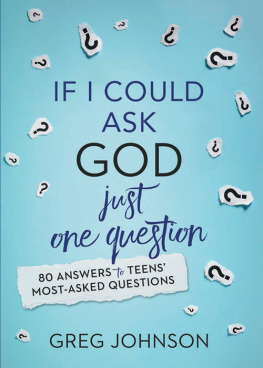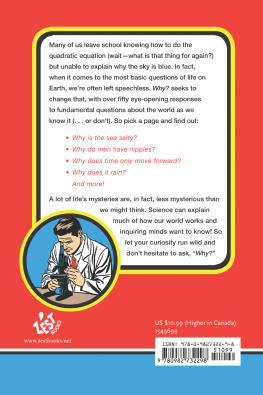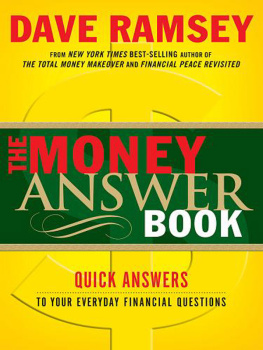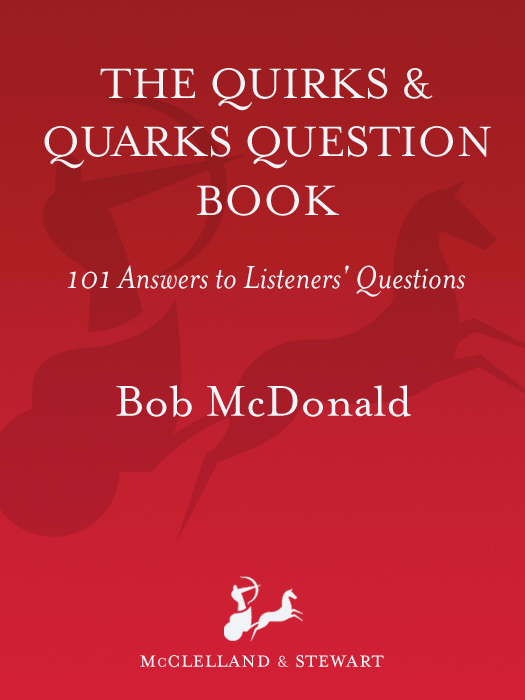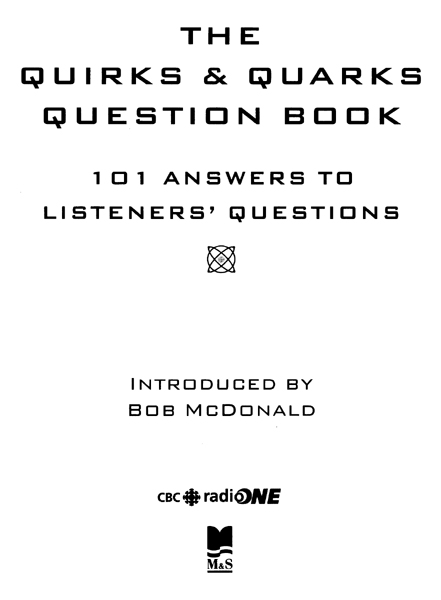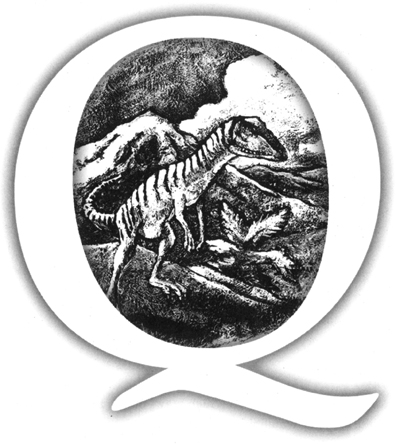CBC - The Quirks & Quarks Question Book: 101 Answers to Listeners Questions
Here you can read online CBC - The Quirks & Quarks Question Book: 101 Answers to Listeners Questions full text of the book (entire story) in english for free. Download pdf and epub, get meaning, cover and reviews about this ebook. year: 2010, publisher: McClelland & Stewart, genre: Art. Description of the work, (preface) as well as reviews are available. Best literature library LitArk.com created for fans of good reading and offers a wide selection of genres:
Romance novel
Science fiction
Adventure
Detective
Science
History
Home and family
Prose
Art
Politics
Computer
Non-fiction
Religion
Business
Children
Humor
Choose a favorite category and find really read worthwhile books. Enjoy immersion in the world of imagination, feel the emotions of the characters or learn something new for yourself, make an fascinating discovery.

The Quirks & Quarks Question Book: 101 Answers to Listeners Questions: summary, description and annotation
We offer to read an annotation, description, summary or preface (depends on what the author of the book "The Quirks & Quarks Question Book: 101 Answers to Listeners Questions" wrote himself). If you haven't found the necessary information about the book — write in the comments, we will try to find it.
What time is it at the North Pole?
Why dont woodpeckers get concussed?
Why dont snorers wake themselves with the racket they make?
Do insects sleep?
These are just a few of the intriguing questions asked and answered in The Quirks & Quarks Question Book, the first question and answer book to come out of CBC Radios enormously popular weekly science program. Quirks & Quarks producers have combed through ten years worth of archives to find the most puzzling questions or the most fascinating answers to apparently simple questions from the programs Question of the Week segment or its once-a-season all-question show. The scientists and researchers with the answers (many of whom updated their answers for the book in light of new research findings) come from all scientific disciplines and all parts of the country. What they have in common is their ability to explain serious, complicated science in laymans terms. This isnt science made simple, but science made understandable.
Introduced by the programs host for the past ten years, the genial and ever-curious Bob McDonald, The Quirks & Quarks Question Book has the answers to questions you may never have thought to ask (why does Uranus spin on a different axis from all the other planets in our solar system?) or have spent idle time wondering about (why is there a calm before a storm?). Whether you want to know if you can sweat while you swim or what the view would be like if you could travel at the speed of light, or perhaps you just want to peruse the latest scientific thinking on a wide range of topics, The Quirks & Quarks Question Book has the answer.
Quirks & Quarks has been keeping Canadians up to date on the world of science for more than 25 years. Every week, the program presents the people behind the latest discoveries in the physical and natural sciences. The program also examines the political, social, environmental, and ethical implications of new developments in science and technology. Over its lifetime, Quirks & Quarks has won more than 40 national and international awards for science journalism.
CBC: author's other books
Who wrote The Quirks & Quarks Question Book: 101 Answers to Listeners Questions? Find out the surname, the name of the author of the book and a list of all author's works by series.

